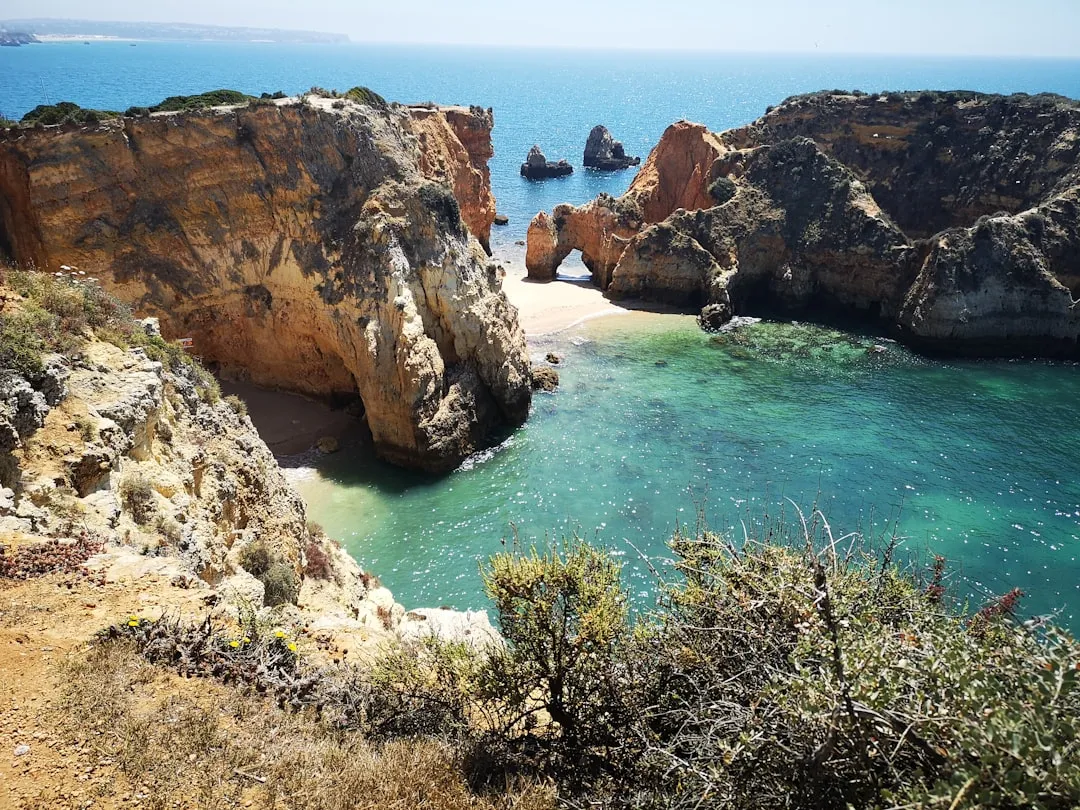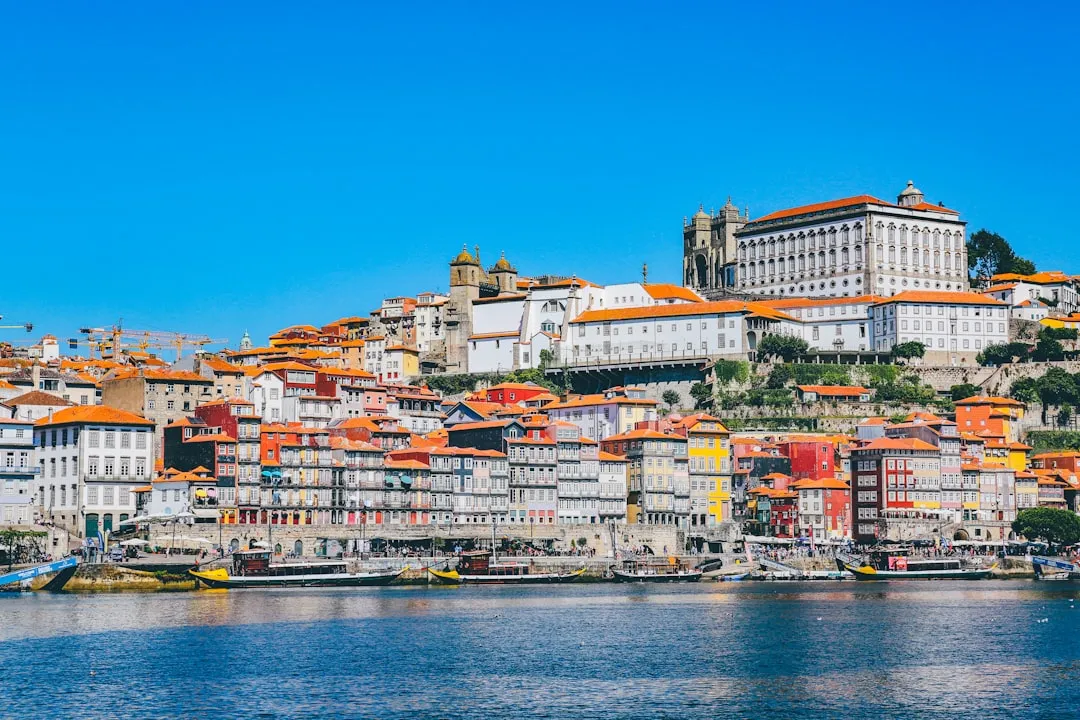Portugal has become one of the most sought-after destinations for expats looking for a better quality of life, a lower cost of living, and a welcoming atmosphere. With its mild climate, beautiful coastlines, and rich cultural heritage, it’s easy to see why so many people are making the move. I moved to Portugal in 2020 and have experienced firsthand the many benefits and challenges that come with relocating here. But what does it really take to become an expat in Portugal? In this guide, we’ll walk you through everything you need to know—from residency options to healthcare, cost of living, and more.
Why Is Portugal So Popular with Expats?
Portugal offers a unique mix of old-world charm and modern convenience, making it an ideal place for expats. Some of the main reasons people choose Portugal include:
- Affordable Cost of Living – Compared to other Western European countries, Portugal offers a more affordable lifestyle.
- Pleasant Climate – Mild winters and warm summers make it attractive year-round.
- Quality Healthcare – Both public and private healthcare options are available and affordable.
- Safety – Portugal consistently ranks as one of the safest countries in the world.
- Welcoming Expat Community – Many expat groups and communities help newcomers settle in with ease.
- Laid-Back Lifestyle – Portugal offers a slower pace of life, with a strong emphasis on work-life balance, great food, and outdoor living.
Portugal is home to over 700,000 expats, with large communities in Lisbon, Porto, and the Algarve. It is frequently ranked as one of the top destinations for retirees and digital nomads alike.
Residency Options for Expats
The type of residency you need depends on your nationality and your purpose for moving to Portugal.
For EU Citizens
If you’re an EU citizen, moving to Portugal is relatively straightforward. You don’t need a visa, but you must register with local authorities after staying more than three months. To do this, you’ll need:
- A valid passport or ID
- Proof of income or employment
- Proof of residence (rental contract, property deed, etc.)
- Health insurance (if not covered by the EU system)
For Non-EU Citizens
Non-EU citizens must apply for a visa before arriving in Portugal. The most common options include:
- D7 Visa (Passive Income Visa): Ideal for retirees or those with passive income of at least €820 per month.
- D8 Visa (Digital Nomad Visa): Suitable for remote workers earning at least €3,280 per month.
- Work Visa: If you have a job offer from a Portuguese company.
- Study Visa: For students enrolling in Portuguese universities.
Once in Portugal, non-EU citizens must apply for a residence permit at SEF (Serviço de Estrangeiros e Fronteiras).
Cost of Living in Portugal
One of the biggest draws for expats is Portugal’s affordability. However, costs can vary depending on the city you choose.
- Rent: Lisbon and Porto are the most expensive, with rents averaging €1,200–€2,000/month for a one-bedroom apartment. In smaller towns, you can find rentals for €600–€900/month.
- Groceries: A couple can comfortably spend €300–€500 per month on groceries.
- Dining Out: A meal at a mid-range restaurant costs around €12–€20 per person.
- Utilities: Electricity, water, and internet typically cost between €100–€150 per month.
- Transportation: Public transport is affordable, with monthly passes in major cities costing around €40–€50.
Healthcare in Portugal
Portugal has a well-regarded healthcare system, offering both public and private services.
- Public Healthcare (SNS): Available to residents who contribute to social security.
- Private Healthcare: Many expats opt for private insurance, which costs around €50–€100 per month.
- English-Speaking Doctors: Many medical professionals in larger cities speak English, making healthcare more accessible.
Taxes and Financial Considerations
Becoming a resident in Portugal means you may be subject to taxes. Some key points to consider:
- Income Tax: Portugal has progressive tax rates ranging from 14.5% to 48%.
- NHR (Non-Habitual Resident) Program: A tax regime offering benefits for new residents, including reduced or no tax on foreign income for ten years.
- Property Tax: Homeowners pay an annual property tax (IMI) ranging from 0.3% to 0.8%.
Can You Retire in Portugal on a Budget?
Yes! Portugal is one of the best places to retire, especially for those on a fixed income. Many retirees find that they can live comfortably on €2,000–€3,000 per month, depending on the city. If you’re living in a smaller town, your budget could be even lower.
Frequently Asked Questions
1. How much money do I need to live in Portugal?
- The minimum required depends on your visa, but €1,500–€2,500 per month is a comfortable estimate.
2. Can I buy property in Portugal as an expat?
- Yes! Foreigners can buy property in Portugal, and many expats choose to do so as an investment.
3. Is Portugal safe for expats?
- Absolutely. Portugal is ranked among the safest countries in the world.
4. Can I work remotely while living in Portugal?
- Yes, Portugal has a digital nomad visa specifically for remote workers.
5. Do I need to speak Portuguese?
- While many people speak English in major cities, learning Portuguese will help with integration and daily life.
6. How long does it take to get residency in Portugal?
- It depends on your visa type, but most residence permits take 3–6 months to process.
7. Can I bring my family with me to Portugal?
- Yes! Portugal allows family reunification, so your spouse, children, and even dependent parents can join you.
8. What are the best cities for expats in Portugal?
- Lisbon and Porto are great for job opportunities, while Algarve is ideal for retirees. Coimbra is popular for students, and Madeira/Azores attract digital nomads.
9. Can I drive in Portugal with my foreign license?
- EU citizens can use their license indefinitely. Non-EU citizens must exchange theirs for a Portuguese one within 90 days.
10. How easy is it to make friends in Portugal as an expat?
- Very easy! Portugal has a large expat community, and locals are generally friendly. Joining language classes, meetups, or expat groups can help.
Final Thoughts
Moving to Portugal as an expat can be an exciting and life-changing decision. With its warm climate, affordable lifestyle, and welcoming culture, it’s no wonder so many people are making the move. I moved to Portugal in 2020 and have seen firsthand how rewarding the experience can be. Whether you're looking to retire, work remotely, or simply enjoy a new way of life, Portugal has something to offer for everyone.
If you’re ready to take the next step in your move, our relocation agency can help guide you through the entire process—ensuring a smooth transition to your new life in Portugal.




